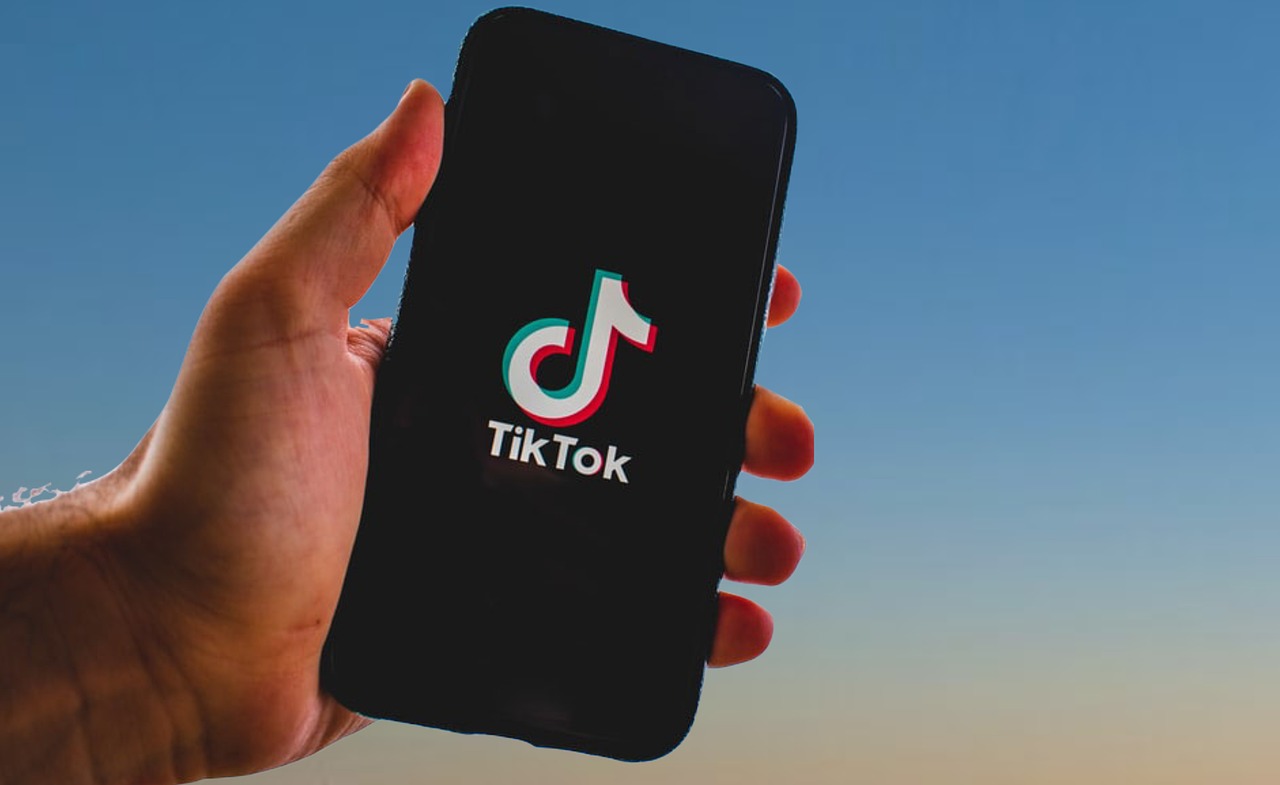Time Continues To Be On TikTok’s Side
TikTok is making the most of the clock. A new bill introduced in U.S. Congress is seeking to ban the popular social media app but offers up similar solutions to the problem that vexed lawmakers and two presidents for four years.

Congress could vote to implement a law that is messy. But that just means it’ll take time, all while TikTok grows more powerful.
The House of Representatives is set to vote Wednesday on legislation that gives the parent of TikTok, China’s ByteDance, an ultimatum: sell the short-form video app or risk banishment from digital stores. While it cites ByteDance and TikTok specifically, the bill gives the White House a tool to designate social media apps from China, Iran, North Korea and Russia, unlawful if they pose a national security threat.
Legislators are drawing comparisons to the Cold War during the 1960s, when Russians, say, would have been forbidden to buy the New York Times. Last year, Federal Bureau of Investigation Director Christopher Wray testified before a congressional committee that the Communist Party could use TikTok to collect and control users’ data and institute divisive narratives. For its part, TikTok is saying the latest action would strip Americans of their right to free expression.
Yet, the latest attempt to crack TikTok is reminiscent of past flare-ups that flamed out. Former President Donald Trump tried to freeze TikTok downloads, which was batted down in courts. He also tried to force an auction in which Walmart and Oracle were rumored buyers for months. That withered when TikTok’s current investors, including many U.S. firms, declined to sell. Montana tried to ban the app from the state only to have the bill overturned by the courts last year on the grounds of free speech.
While a vote in favor of the law would push it to the Senate, the challenges implementing it remain, including workarounds like the use of virtual private network or the mechanics of a sale. In the meantime, issues become trickier. TikTok is popular, claiming 170 million U.S. users, 70% more than in 2020. In the first quarter of this year, social media consumers spent on average 78 minutes on TikTok per day, 30 minutes more than they do on Instagram, according to SensorTower data. Bernstein analysts reckon TikTok generated approximately $5 billion in U.S. ad revenue in 2022 and that it will increase up to 60% this year.
The relationship with China is more complex, too. After President Joe Biden banned the use of TikTok on government-issued phones, Reuters reported that China widened curbs on Apple’s iPhones. American and Chinese technology have become more intertwined. The Nanjing-founded Shein and Pinduoduo’s Temu are spending billions of dollars in digital advertising to entice U.S. shoppers, which is accruing to Meta Platforms and Google. And TikTok will undoubtedly become a plaything on the presidential campaign trail. Trump changed his tune this week, indicating that a ban would only help Meta owner Mark Zuckerberg. Biden said he will sign the latest bill. TikTok once again has only to bide its time.
Context News
The U.S. House of Representatives on March 13 plans to vote on a bill seeking a sale of TikTok by Chinese parent ByteDance, according to Reuters. The legislation, which a House Energy and Commerce Committee voted 50-0 on, would effectively ban TikTok if ByteDance refused to divest the short-form video app within six months of the law passing. U.S. President Joe Biden said he would sign the legislation. TikTok said in a statement, “The government is attempting to strip 170 million Americans of their Constitutional right to free expression.”
More By This Author:
Revolutionizing Alternative Investment Reporting: It’s Time To Update Legacy Practices
Surveying The Ecosystem Enabling Private Capital Market Success: A Spotlight On Advances In ‘Alternative’ Protein
Are We Baking Portfolios With Bad Ingredients?



